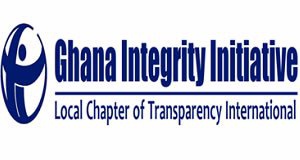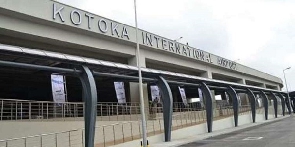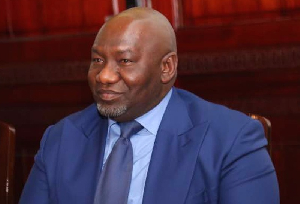The Ghana Integrity Initiative (GII),in collaboration with Network for Health and Belief Foundation and the Bibiani – Anhwiaso – Bekwai Municipal Assembly, have organised a day's sensitisation workshop for Faith - based organisations, Religious leaders and other state holders at Bibiani.
Mr Michael Okai, Programmes Co- coordinator of GII, who represented the Executive Director, Mrs. Linda Ofori- Kwafo, said the programme was in line with GII's Inter- Faith Project aimed at creating public awareness on corruption and its effect on the nation as enshrined in the National Anti- Corruption Action Plan (NACAP).
He said since Christians and Muslims formed a greater percentage of the Ghanaian population, it was time to use the Bible and Quran, to Speak0up, resist and report corruption, to eradicate or reduce the canker to the barest minimum.
Mr Okine further indicated that Ghana Integrity Initiative was carrying out the sensitisation programme in 50 selected districts from five regions in Ghana, namely, Greater Accra, Volta, Ashanti, Western and Northern regions, with support from the Danish International Development Agency (DANIDA).
He urged Ghanaians to shun apathy and take bold actions to right the wrongs in the society, stressing that corruption thrived greatly on apathy to destroy the fibre of society.
Mr. Samuel Oracca- Tetteh, Executive director of Network for Health and Relief Foundation, a local NGO ,on behalf of the MCE, stated that corruption was not limited to politicians alone, but was across all sectors of the Ghanaian society, including; faith- based organizations.
He said there was therefore the need for all hands to be in check to fight the social canker.
Participants were of the view that state institutions like the Commission on Human Rights and Administrative Justice (CHRAJ) and the National Commission for Civic Education (NCCE) should be well resourced by the government to bring NACAP home to the larger Ghanaian society, if the nation was to succeed in making corruption unattractive to Ghanaians.
Regional News of Monday, 13 May 2019
Source: ghananewsagency.org













